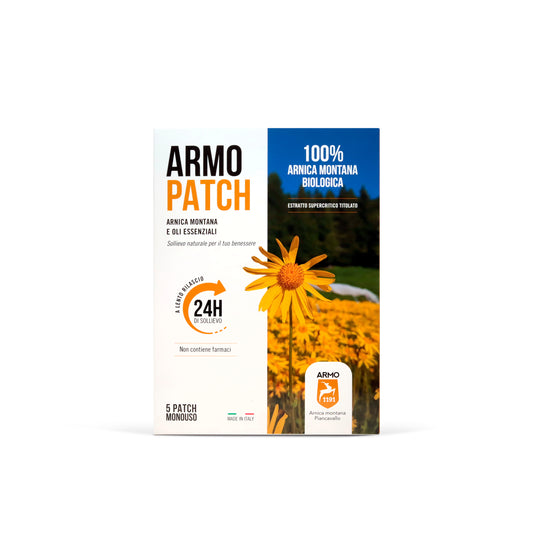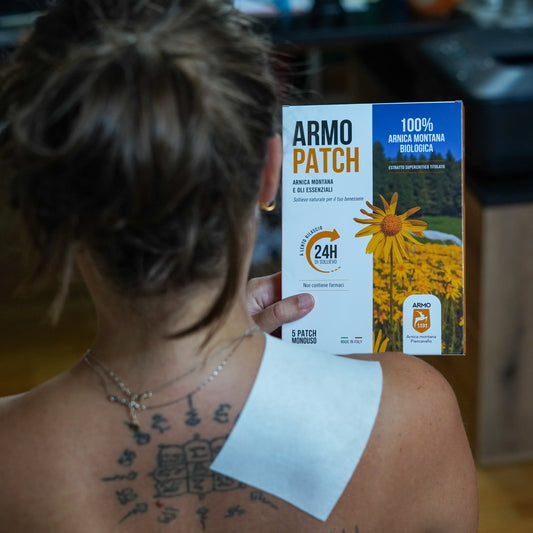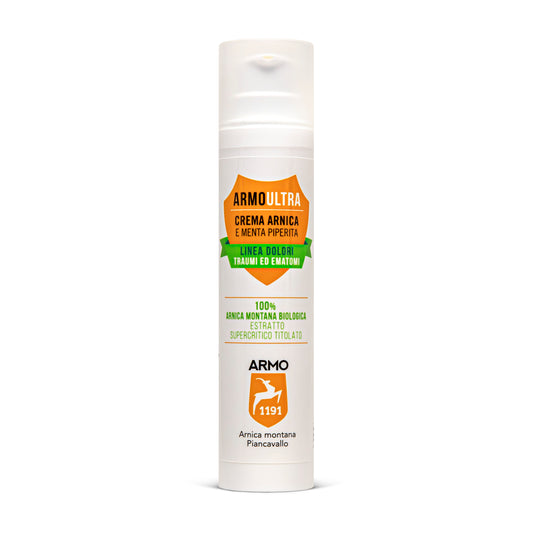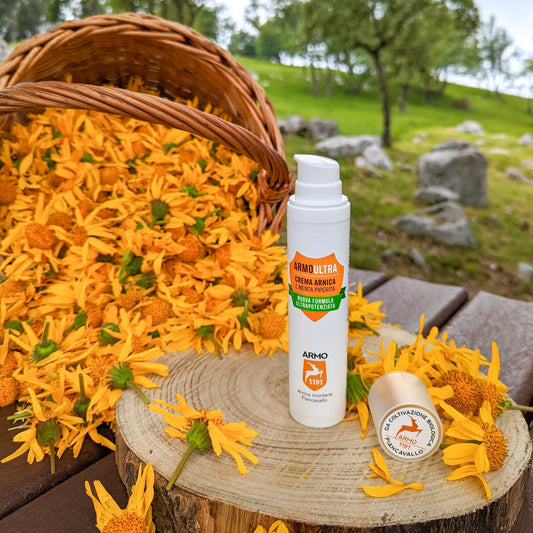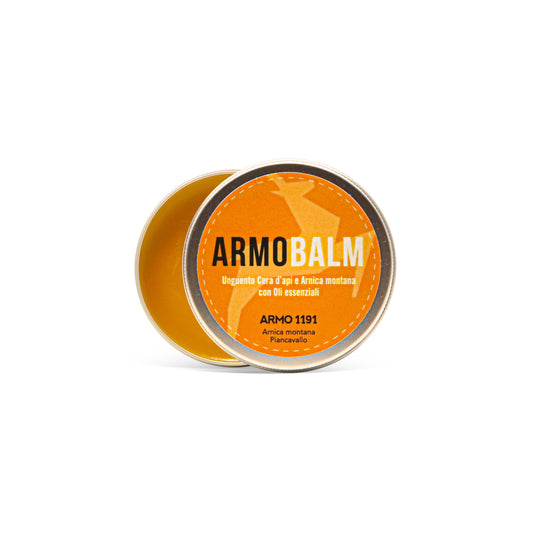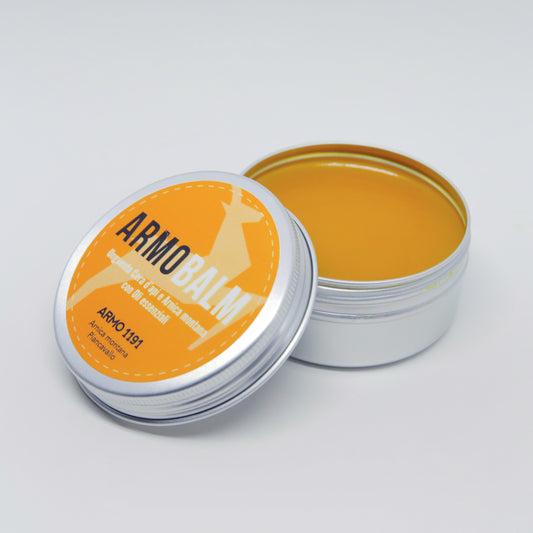We often ask ourselves what organic farming means, what it entails and what commitments it requires. In our case, we must also deal with a difficult environment to work in, namely the mountains.
We would like to bring you our experience and try to tell you about the challenges we have had to face.

Finding suitable terrain
Once we had decided to try growing mountain Arnica (read more about this plant here) we had to find the right terrain. This was not an easy task, considering that this plant grows at a height which goes from 800 to 2200m and requires acidic soil.
We climbed the slopes of Mount Caseratte at the foot of the Piancavallo (PN) plateau, equipped with a pickaxe, and we probed various areas to find a piece of land which could be suitable for our experiments. This is how our adventure began, at an altitude of 1191m.

When we realised that this could have been the right area, we needed more space to expand the cultivation and start getting serious, and a place that was as accessible as possible for vehicles.
The land just below, through which the Passeggiata delle Malghe runs, seemed to be perfectly suitable.

The first difficulties
As the cultivation of Arnica is little more than experimental, over the years we have learned several things to our expense, one of these is certainly that Arnica suffers tremendously from calcareous soils and the presence of stones, this is not the best thing if you think that this is precisely what characterises our mountains.
Having lost out most of the plants at the time, we paid more and more attention to identifying the best areas to carry out the cultivation.

Another major problem (and one that is still being studied) was and still is the presence of weeds. In the summer Arnica competes with other species, and some, if not kept under control, get the better of it and risk suffocating the plant.
Mulching cloths are a great help, as they not only control weeds but are also indispensable during the planting phase, because their holes help us to keep the number of plants under control and speed up the transplanting phase without having to measure each row.
Mulching cloths: they are indispensable, but they drove us crazy!
Choosing the right mulching cloths and understanding how to use them was not easy. Arnica is a perennial plant, so we needed a mulch that would last over time, that would keep the soil under it moist and limit weeds.
When we found the right one, however, we were faced with yet another setback, there are no pre-perforated mulching cloths. So, we had to find a way to make tens of thousands of holes in a short space of time to house the plants.

We sharpened our wits and after several experiments we patented our assembly-line method. Everything seemed to be going well, but the surprises were not yet over.
At first, we used the pegs we were supplied with to fix the tarpaulins to the ground (the pegs were similar to those used to fix tents in campsites), but they soon proved to be unsuitable for our needs.
At the end of the winter, during the thaw, the ground swells with water, and those thin, fifteen-centimetre stakes were literally spat out.
Would you like to see what it means to grow organic mountain Arnica? Click here and watch the video!
All this, combined with the strong winds that blow between March and April, was the perfect combination to create quite a disaster: pegs were spat out metres away due to the sail effect and sheets were constantly flying away.
Putting everything back in place, trying to perfectly centre the holes with the seedlings was not pleasant. Our technical department immediately started to work on this issue and in the end, we found a solution for this too.

Our greatest fear: hail
One of the greatest fears of all farmers is hail, and for us it is the same. In the past we had a terrible storm that poured a huge amount of ice into our valley in a matter of minutes, clearing everything away.

From that moment on, we decided to protect ourselves by investing in prevention. We did this by installing custom-designed anti-hail nets to suit our terrain.
This has also required study and research because the more time passes, the more we realise that organic farming in the mountains is not easy and requires our maximum commitment and a bit of inventiveness.
The satisfaction given by organic farming
We have herein told you some anecdotes about the difficulties we have encountered and encounter daily in our work, but we could write whole pages.
90% of our work in the field is carried out by hand. From levelling the ground with a rake to picking the flowers one by one to laying out the mulch cloths, at times forgetting the story behind the finished product (find out more about our products here).
Though, when we stop and look at what we have created with our own hands, all the satisfaction erases all the effort made and pride sweeps away all the toil. Being enchanted by admiring that sea of yellow flowers justifies all of this - the difficulty of organic mountain agriculture.

